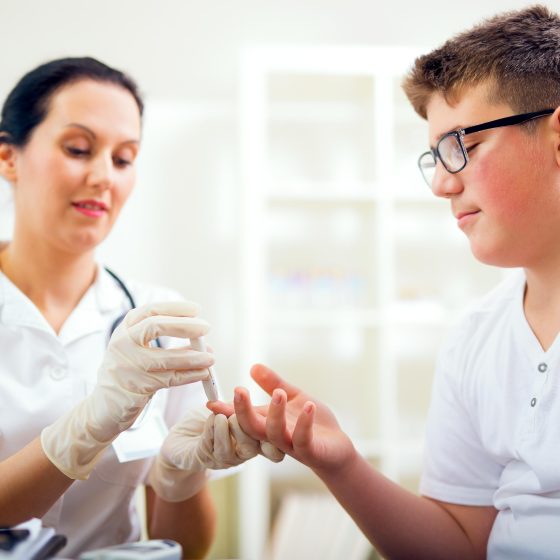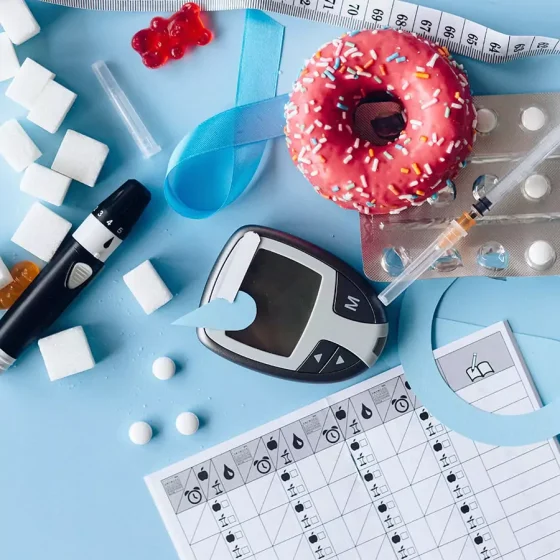Diabetes
Key facts Diabetes mellitus, more commonly known simply as diabetes, refers to a group of diseases that can cause high levels of glucose (a type of sugar) in your blood. Diabetes happens when your pancreas can’t produce enough of the hormone insulin or your body becomes resistant to it. Symptoms of diabetes are feeling tired, hungry or excessively thirsty, and passing more urine (wee) than usual. Common diabetic conditions are type 1 diabetes, type 2 diabetes, gestational diabetes and pre-diabetes. You can manage diabetes by taking medicines to manage your blood glucose levels, adopting a healthy diet and being physically


